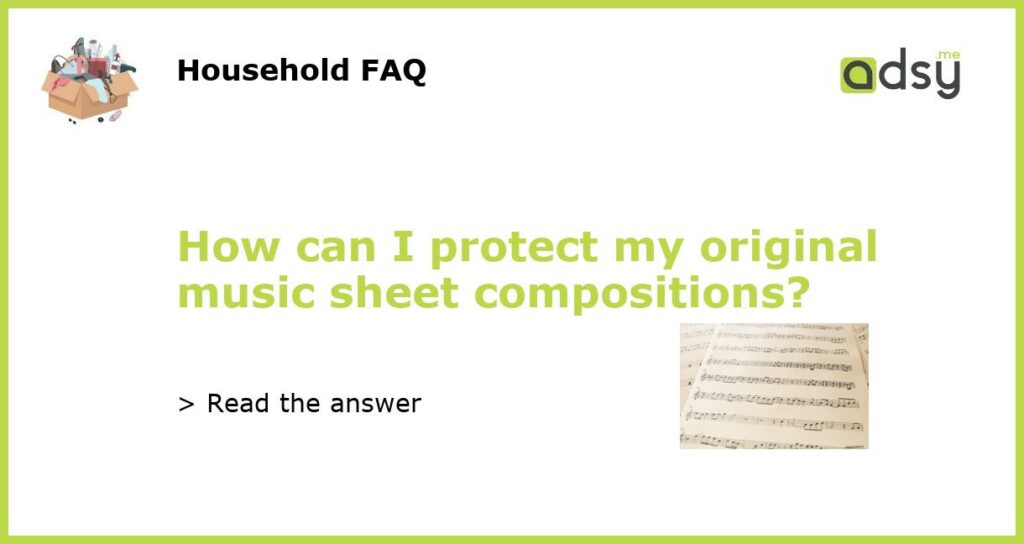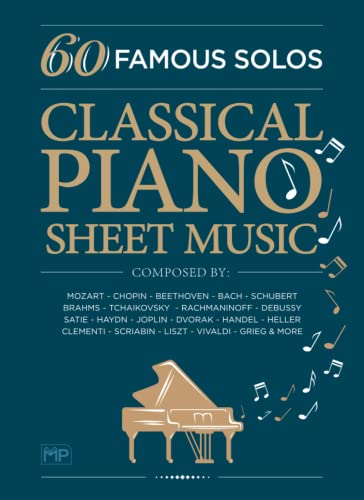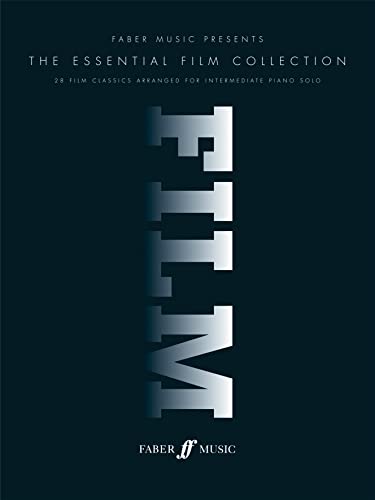Registering your music compositions with a copyright office
If you are serious about protecting your original music compositions, registering them with a copyright office is the first step to take. In the United States, this can be done through the United States Copyright Office. Registration is easy and can be done online; all you need to do is to submit your compositions, a registration fee, and some basic information about the compositions to the copyright office. After your registration is processed, your work is protected under the law, and you will have a legal proof of ownership to fend off any copyright infringement.
Signing a contract with a music publisher or label
If you are looking to monetize your music compositions, consider signing a contract with a music publisher or label. These entities can act as intermediaries between you and the market, handling distribution, marketing, licensing, and other legal aspects of your music. In exchange for their services, publishers or labels may ask for a percentage of your royalties or ownership of a portion of your rights. Before signing any contract, make sure to thoroughly read and understand all the terms and conditions, and consult with a lawyer if necessary.
Using watermarks and digital rights management (DRM)
With the rise of digital distribution platforms, such as Spotify, Apple Music, or YouTube, protecting your music compositions from unauthorized use or distribution can be difficult. One way to deter potential infringers is to use watermarks and digital rights management (DRM). A watermark is a subtle mark or signature that you can embed in your music sheets, audio files, or videos to identify them as yours. DRM refers to various technical methods that prevent or limit unauthorized copying, sharing, or alteration of digital content. While these methods may not prevent all forms of piracy, they can make it harder for infringers to profit from your work and signal your commitment to its protection.
Joining a music rights organization
If you want to ensure that you receive fair compensation for your music compositions, joining a music rights organization can be helpful. These organizations collect royalties on behalf of their members from various sources, such as radio stations, streaming services, or live performances, and distribute them based on usage and ownership information. In the United States, some of the major music rights organizations are ASCAP, BMI, and SESAC. To join them, you need to submit relevant information about your compositions and pay a membership fee.
Monitoring and enforcing your copyright
Lastly, protecting your original music compositions requires vigilance and action. This means monitoring and enforcing your copyright on a regular basis, either by yourself or with the help of a lawyer or a service provider. You can use various online tools, such as Google Alerts or infringement monitoring services, to detect any unauthorized use or distribution of your music, and take appropriate measures to remove or block it. If you find that your copyright has been infringed, you can send a cease and desist letter, file a DMCA takedown notice, or sue the infringer for damages.






